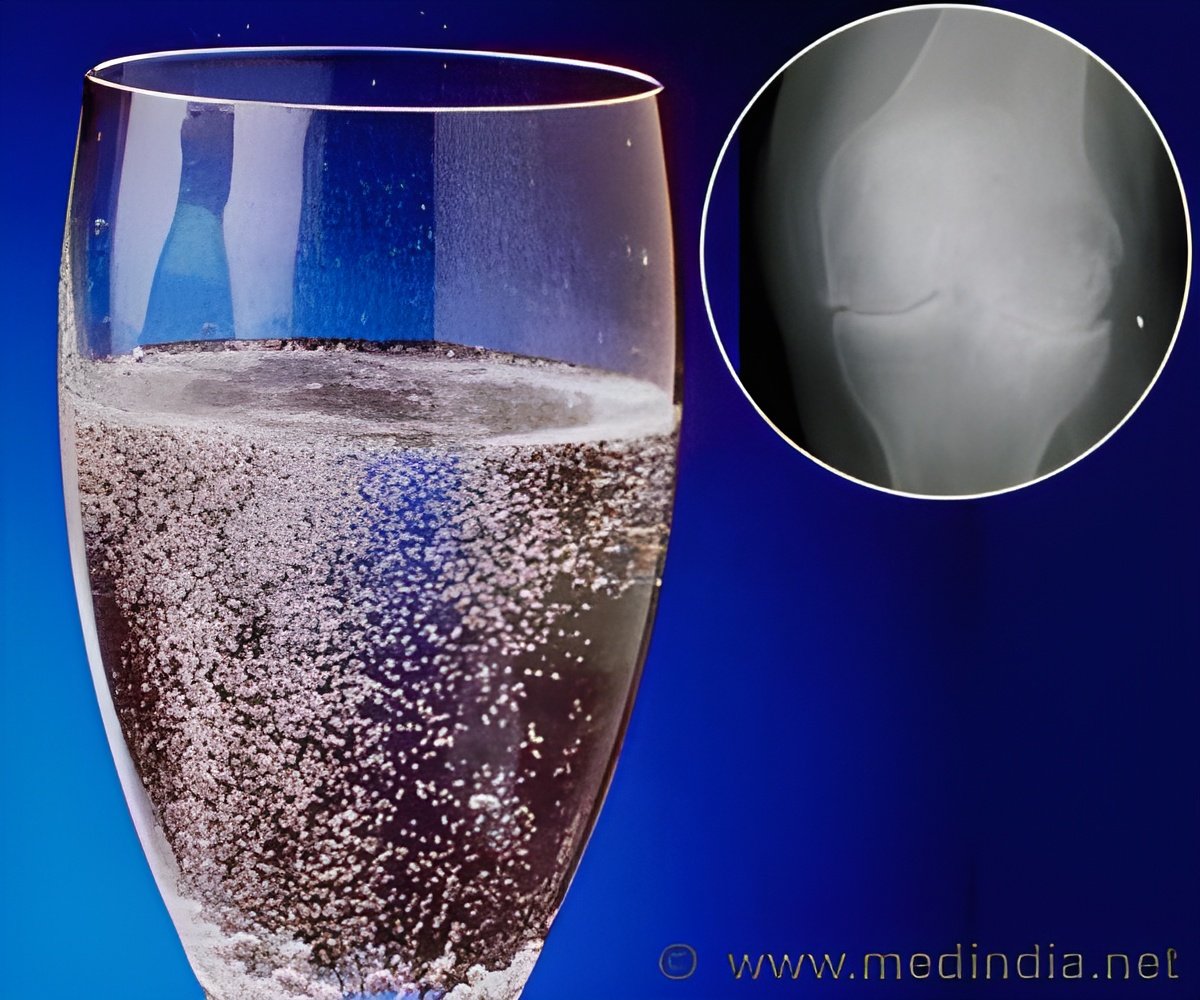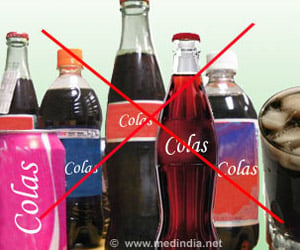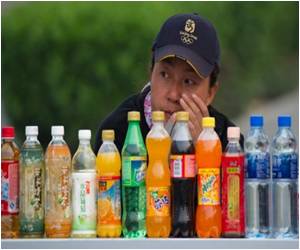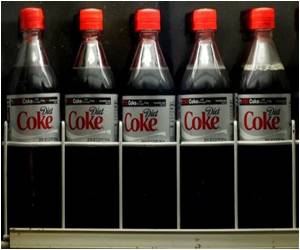Consumers of soda may be getting a much higher dose of the harmful sugar fructose than they have been led to believe.

In the study, published online June 3, 2014 in the journal Nutrition, Keck School of Medicine researchers analyzed the chemical composition of 34 popular beverages, finding that beverages and juices made with high fructose corn syrup (HFCS), such as Coca-Cola, Pepsi, Dr Pepper, Mountain Dew and Sprite, all contain 50 percent more fructose than glucose, a blend that calls into question claims that sugar and HFCS are essentially the same.
"We found what ends up being consumed in these beverages is neither natural sugar nor HFCS, but instead a fructose-intense concoction that could increase one's risk for diabetes, cardiovascular disease and liver disease," said Michael Goran, Ph.D., director of the CORC and lead author of the study. "The human body isn't designed to process this form of sugar at such high levels. Unlike glucose, which serves as fuel for the body, fructose is processed almost entirely in the liver where it is converted to fat."
The Corn Refiners Association, a trade group representing HFCS producers, has long argued that HFCS is only negligibly different than natural sugar (sucrose), which is made up of equal parts of fructose and glucose. Goran's analysis of beverages made with HFCS, however, showed a fructose to glucose ratio of 60:40 — considerably higher than the equal proportions found in sucrose and challenging the industry's claim that "sugar is sugar."
The research also shows that the ingredients on some product labels do not represent their fructose content. For example, Goran's team found that the label on Pepsi Throwback indicates it is made with real sugar (sucrose) yet the analysis demonstrated that it contains more than 50 percent fructose. Sierra Mist, Gatorade and Mexican Coca-Cola also have higher concentrations of fructose than implied by their label. This suggests that these beverages might contain HFCS, which is not disclosed on their labels.
The research team purchased beverages based on product popularity and had them analyzed for sugar composition in three different laboratories using three different methods. The results were consistent across the different methods and yielded an average sugar composition of 60 percent fructose and 40 percent glucose in beverages made with HFCS.
Advertisement
"Given that Americans drink 45 gallons of soda a year, it's important for us to have a more accurate understanding of what we're actually drinking, including specific label information on the types of sugars," said Goran.
Advertisement











